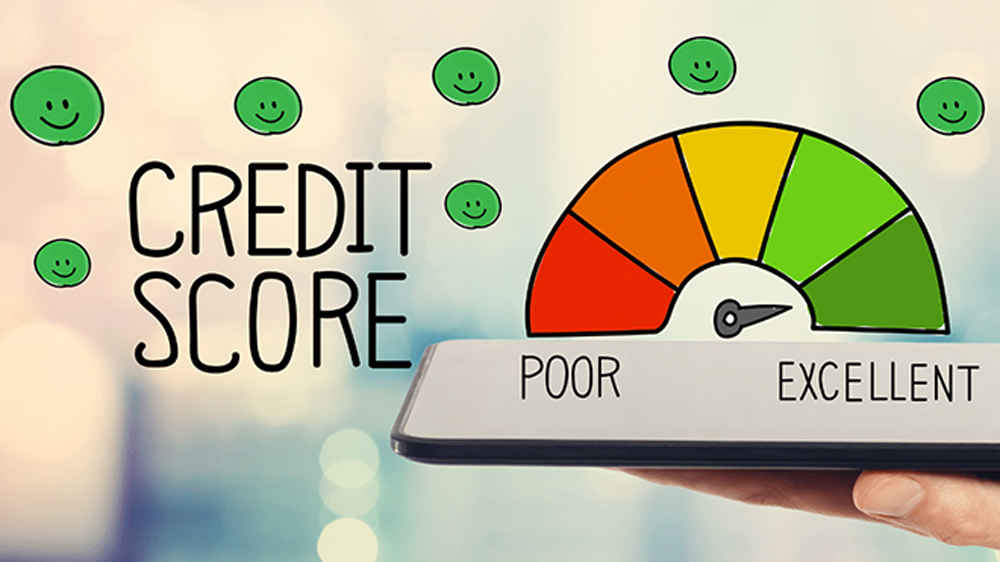The Core of Banking: Understanding Credit Risk Management
Banking operations are inherently subject to uncertainty, which financial institutions classify
Overview
Banking operations are inherently subject to uncertainty, which financial institutions classify as various forms of risk, from Strategic and Market risk to Cyber Security risk. Among these, Credit Risk represents the most significant challenge for commercial banks.
Simply defined, credit risk considers that the borrower will default or fail to repay their loan obligations on time, resulting in financial losses for the bank. Even with responsible borrowers, economic shifts can abruptly change repayment dynamics, making the assessment of loan retrieval a continuous challenge.
The objective of credit risk management is not to eliminate risk entirely, but to maintain credit exposure within acceptable parameters. It focuses on mitigating potential losses by ensuring the bank’s capital reserves and loan loss reserves are maintained adequately. Effective management requires oversight of the bank’s entire loan portfolio as well as individual customer credits.
The Credit Risk Management System
While every institution adapts its own approach, a sound credit risk management model is built upon fundamental steps:
- Capital Assessment: A thorough understanding of the bank’s own capital reserve is the starting point.
- Risk Quantification: Accurately measuring the bank’s overall credit risk at the individual, customer, and portfolio levels.
- Integrated Solutions: Implementing a quantitative and integrated credit risk system that allows for real-time scoring, continuous monitoring, and effective data visualization.
- Defined Criteria: Establishing a sound credit-granting process that clearly outlines the bank’s target market and includes appropriate administration, measurement, and monitoring protocols.
These principles maximize productivity and reputation while minimizing risk. Because managing credit risk involves complexities, banks often employ consulting agencies to ensure sealing loopholes in the process.
Two Sides of the Coin
Credit risk management provides a valuable framework for understanding the true nature of lending risk within an organization.
The Advantages
- It aids in predicting and measuring the risk associated with financial transactions.
It allows for advanced planning by setting up proactive strategies to tackle negative outcomes.
It establishes robust credit models that help in determining the appropriate level of risk while lending.
The Disadvantages
- Prediction is not entirely scientific, so judgments made may prove inaccurate.
- The cost and control associated with operating advanced credit scoring systems may be undefined.
- Various models exist, but no single model guarantees success, so some banks prefer specializing in just one approach.
 Conclusion
Conclusion
Ultimately, credit risk management helps leadership look beyond mere profitability, providing a quantifiable understanding of operational cash flow and the financial health of the organization.



